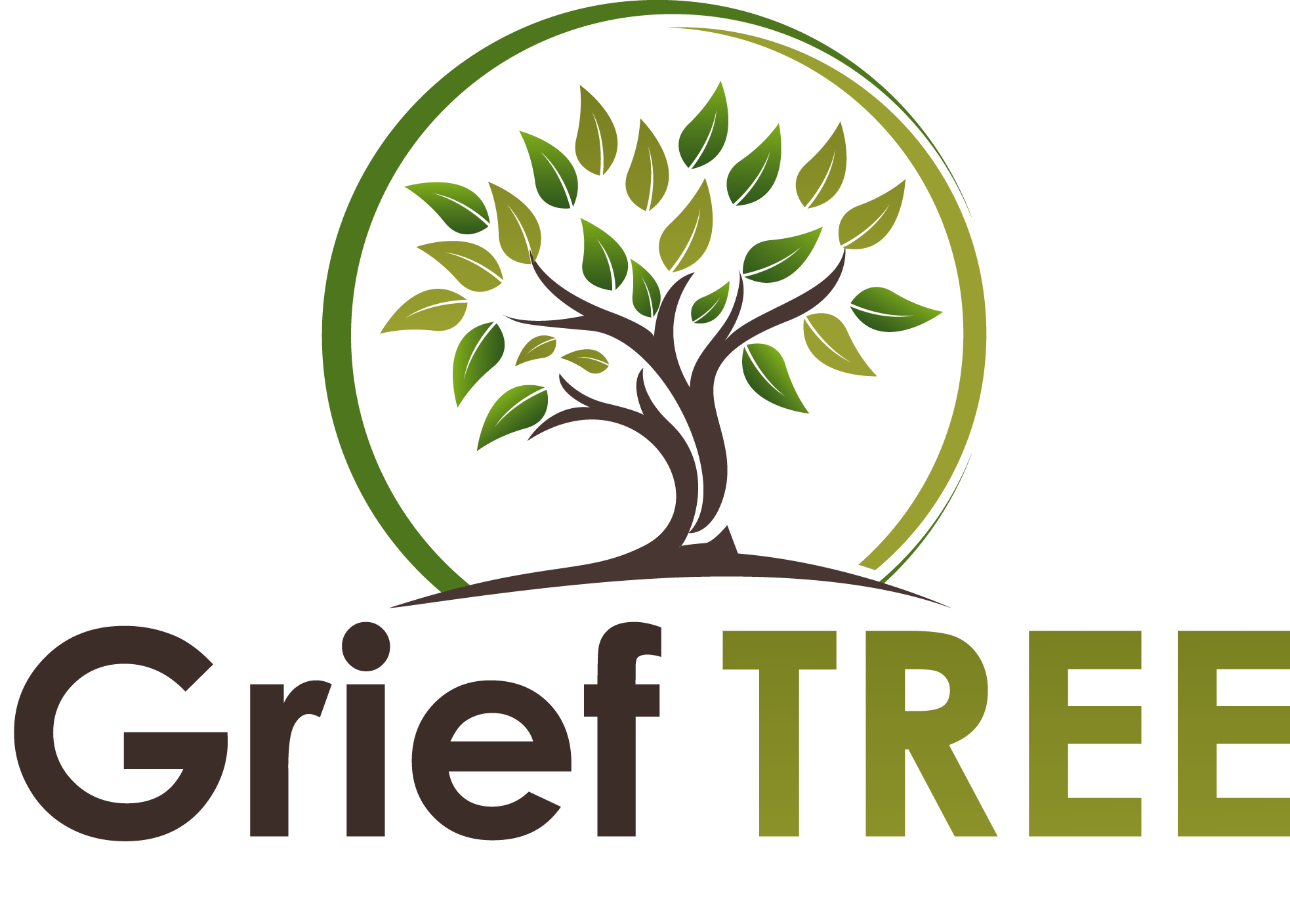Our work environment greatly influences our mental health, as a large portion of our time is dedicated to work-related activities. If you are like me, I want to look forward to going to work and having a purpose for what I do with my time away from family and friends. It can feel miserable dreading going to work due to factors such as high job demands, stress, bullying, lack of support, and feeling undervalued. Understandably, these factors can contribute to mental health issues like depression and anxiety. A toxic work environment, characterized by negative behaviors such as bullying, incivility, and manipulation, can severely impact mental well-being. A person feeling like this can have an influence on others in the workplace environment.
Signs of a Toxic Work Environment
Common indicators of a toxic work environment include:
- Excessive Stress: Overwhelming workload or unrealistic expectations.
- Lack of Organizational Support: Insufficient resources or assistance.
- Poor Group Cohesion: Weak team unity and collaboration.
- Poor Interpersonal Relationships: Conflict and lack of respect among colleagues.
- Gossip: Undermining communication and trust.
- Low Enthusiasm: Reduced motivation and engagement.
- High Turnover: Frequent employee departures.
- Poor Trust: Lack of confidence in leadership and colleagues.
- Fear of Failure: Excessive pressure leading to anxiety.
- Employee Disengagement: Lack of commitment and involvement.
- Low Morale: General unhappiness and dissatisfaction.
- Harassment and Discrimination: Unfair treatment and exclusion.
- Poor Communication: Ineffective or misleading information exchange.
- High Absenteeism: Frequent unscheduled leave.
- Burnout: Physical and emotional exhaustion.
Coping With a Toxic Workplace
While a toxic work environment can be a challenge, there are effective coping strategies to help reduce the effects:
Psychological Detachment
Psychological detachment involves mentally disengaging from work-related thoughts and emotions during non-work hours. This can be achieved through:
- Exercise: Engaging in physical activity to shift focus away from work and releasing endorphins which help relieve pain and reduce stress.
- Planning Future Events: Organizing leisure activities or future trips is used as a distraction and can help us by having something to look forward to in the future.
- Engaging in Hobbies: Participating in enjoyable activities outside of work as a healthy distraction.
It’s important to separate work life from other parts of life. Workers who effectively detach mentally experience less disruption in sleep and overall well-being, even in adverse work conditions.
Relaxation
Another focus of a healthy lifestyle is relaxation. Prioritizing relaxation and work-life balance is crucial for mitigating the negative effects of a toxic work environment. Strategies include:
- Relaxation Techniques: Practices such as deep breathing, meditation, or yoga.
- Leisure Activities: Engaging in enjoyable activities that promote relaxation and stress relief.
- Time Management: Setting boundaries to ensure adequate rest and downtime.
Relaxation not only helps reduce work-related rumination and insomnia but also acts as a buffer against the adverse effects of job stressors and reactions to our coworkers. Relaxation is also helpful when dealing with anxiety, worry, stress, and overthinking.
A healthy life style consists of many areas such as: mental health, physical health, avoiding substance misuse, personal growth, education, career, family, intimate relationship, friends, leisure, and spirituality. I focused on a toxic work environment and hope this helps you to create coping skills to manage your work environment effectively.
Written by: Erin Ladwig



